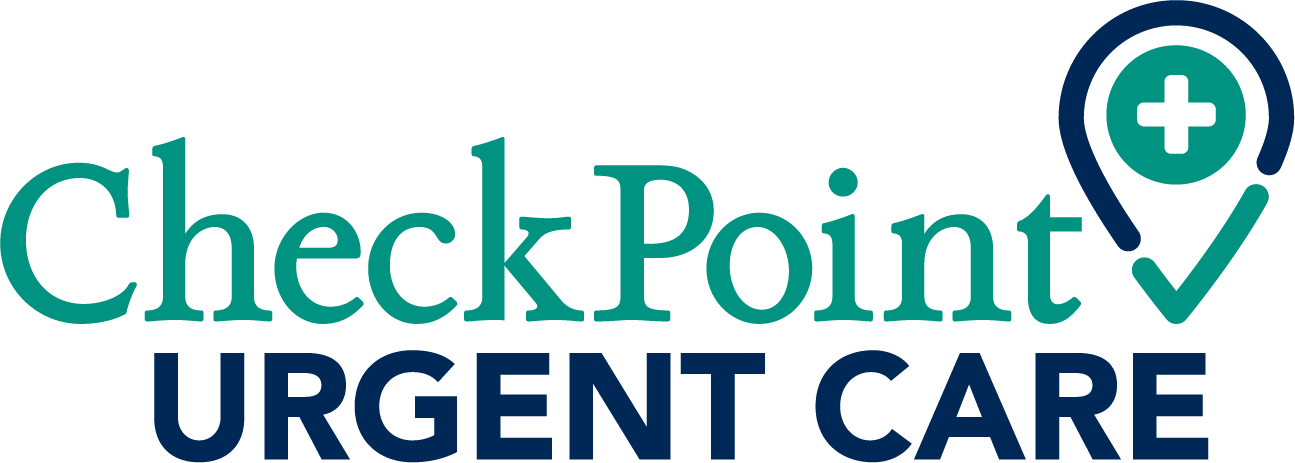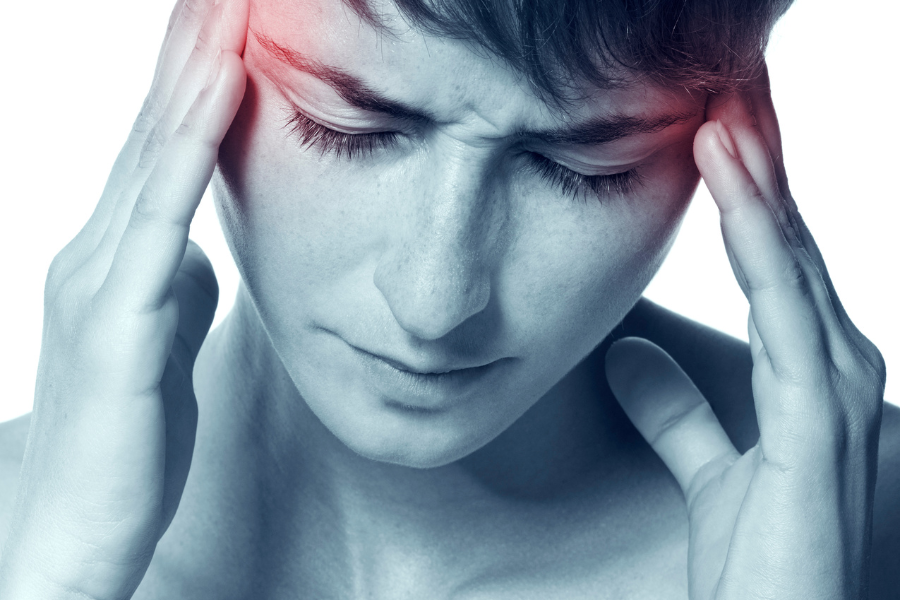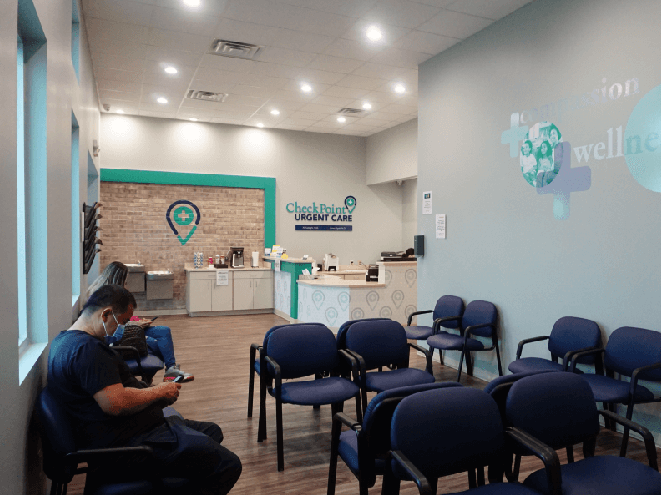You never know when illness will strike. Sometimes it comes out of nowhere and other times it is more predictable. You may have been exposed to someone with a contagious illness or just experiencing concerning symptoms. However, when it comes to headaches, though they aren’t contagious, they are pesky to deal with and can have many different causes and underlying reasons. If you find yourself dealing with recurring headaches, visit us at CheckPoint Urgent Care to be evaluated.
Migraine and Tension Headaches
The human body is very complex and is made of many different types of cells which make up ten different systems. With that being said, we all have different things that can go on with our bodies. At some point, we have had or will have a headache. Headaches are one of the most common things that people run into when dealing with most illnesses or just the stresses of everyday life. There are two main types of headaches: migraines and tension headaches.
Causes of Migraines
Migraines are described as recurrent, moderate to severe throbbing or pulsating pain in the head. This is caused by the activation of nerve fibers within the wall of brain blood vessels traveling inside the meninges. The meninges are three layers of membranes that protect the brain and spinal cord.
Symptoms and Treatment of Migraines
Migraines can occur at any time. For some, however, they are predictable. Several different factors can trigger a migraine, a few of those are:
- Too much or not enough sleep
- Emotion
- Anxiety
- Hormonal changes
- Head trauma
There are two specific types of migraines; Migraines with aura and Migraines without aura. Common symptoms of these types of migraines are increased sensitivity to light, noise, and odors, nausea, and vomiting.
Causes of Tension Headaches
Tension headaches when neck and scalp muscles become tense or contract together. The muscle contractions can be a result or response to:
- Stress
- Depression
- Head Injury
- Anxiety
They can happen at any age but are more common in women and mainly run in families. So if you have a family history of tension headaches, you are more likely to develop them. Especially when doing certain activities like typing on a computer or sleeping in a cold room. Other common triggers that can lead to tension headaches are alcohol use, caffeine, colds, flu, eye strain, fatigue, and excessive smoking.
Symptoms and Treatment of Tension Headaches
Symptoms of a tension headache are a little different than a migraine. It is more of a dull pressure that can occur all over the head. It can be worse in the scalp, temples, back of the neck, and even shoulders. Pain can last anywhere from 7 minutes to 7 days.
A variety of medications, both nonprescription and prescription, are available to reduce the pain of a headache. The first line of treatment for reducing headache pain typically involves simple pain relievers that are available without a prescription. These include drugs such as aspirin, ibuprofen (Advil, Motrin IB, others), and naproxen sodium (Aleve).
In addition to pain relievers, combination medications can also be used. These medications often combine aspirin or acetaminophen (Tylenol, others) with caffeine or a sedative drug. Combination drugs have been shown to be more effective than single-ingredient pain relievers. Many combination drugs can be obtained without a prescription.
For individuals who experience both migraines and episodic tension-type headaches, triptans can effectively relieve the pain of both types of headaches. However, opioids or narcotics are rarely used due to their side effects and potential for dependency. Triptans are a preferred option due to their effectiveness and safety profile.
Become Migraine and Tension Headache Free
Having a migraine headache or a tension headache can be uncomfortable. It can also disrupt your daily work life and activities. However, migraine headaches can give you a little more trouble when trying to manage symptoms, but as long as both types of headaches aren’t severe and accompanied by other disturbing symptoms, then you should not require additional testing or imaging. You should not be concerned about any specific type of neurological problem. With the proper diagnosis symptoms can be managed and the headaches can even be prevented. When you experience a headache and have any questions about which type it may be, come to Checkpoint Urgent Care at one of our locations for testing, diagnosis, and treatment options.








